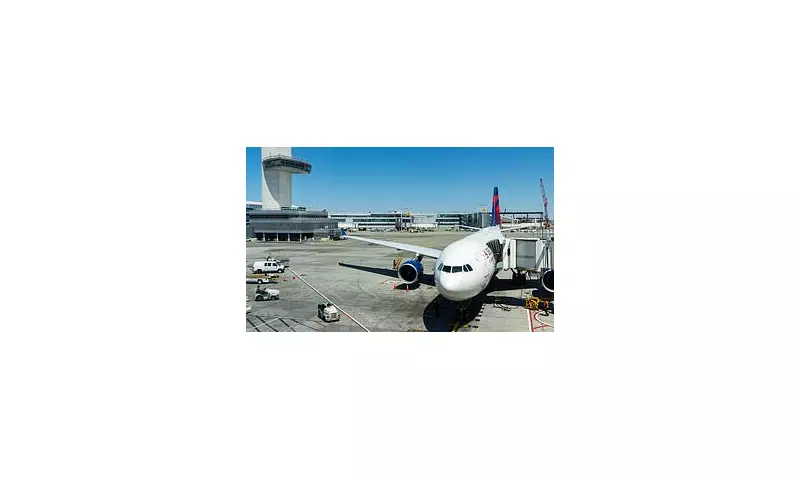
What was meant to be Germany's shining jewel of aviation has instead become a multi-billion pound monument to failure. Berlin Brandenburg Airport (BER), originally scheduled to open in 2011, has become synonymous with delays, budget overruns, and engineering nightmares that have cost taxpayers billions.
The Never-Ending Construction Saga
Conceived to replace Berlin's ageing Tegel and Schönefeld airports, BER was supposed to represent German efficiency and engineering excellence. Instead, it has become what many are calling the world's most expensive airport disaster. The project has haemorrhaged funds, with costs ballooning from an initial £1.7 billion to a staggering £4.3 billion and counting.
What Went Wrong?
The list of failures reads like a textbook on how not to manage an infrastructure project:
- Catastrophic fire safety systems that failed to meet basic standards
- Serious planning deficiencies that required entire sections to be rebuilt
- Escalating costs that have more than doubled the original budget
- Multiple opening dates that came and went without any planes taking off
The Human Cost of Failure
While the financial figures are staggering, the real impact has been on travellers and local businesses. The continued operation of outdated airports has meant longer journey times, inadequate facilities, and missed economic opportunities for the Berlin region.
"This isn't just about money," says aviation expert Klaus Müller. "It's about reputation. Germany prides itself on engineering excellence, but this project has become an international joke."
Lessons in Infrastructure Management
The BER disaster offers crucial lessons for major infrastructure projects worldwide:
- Proper planning cannot be sacrificed for political deadlines
- Independent oversight is essential for projects of this scale
- Realistic budgeting must account for potential complications
- Safety standards should never be compromised to meet schedules
Is There Light at the End of the Runway?
Despite numerous false starts, there are signs that BER might finally be approaching completion. However, the damage to Germany's reputation for efficiency may take much longer to repair. The airport stands as a stark warning to governments and developers worldwide about the perils of poor project management and unrealistic expectations.
As one local businessman put it: "We wanted an airport that would put Berlin on the map. Instead, we got one that shows how even the best-laid plans can go spectacularly wrong."





